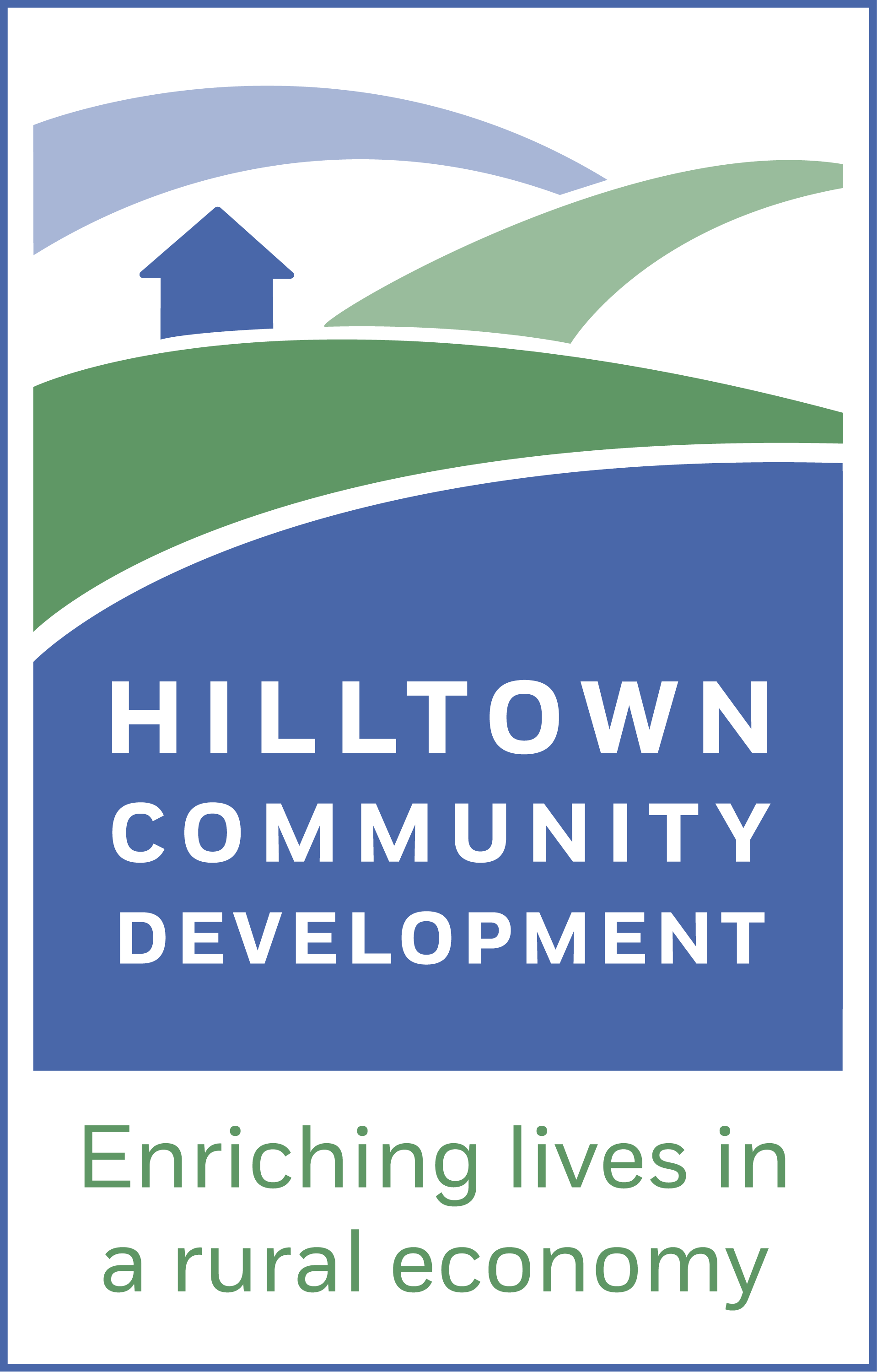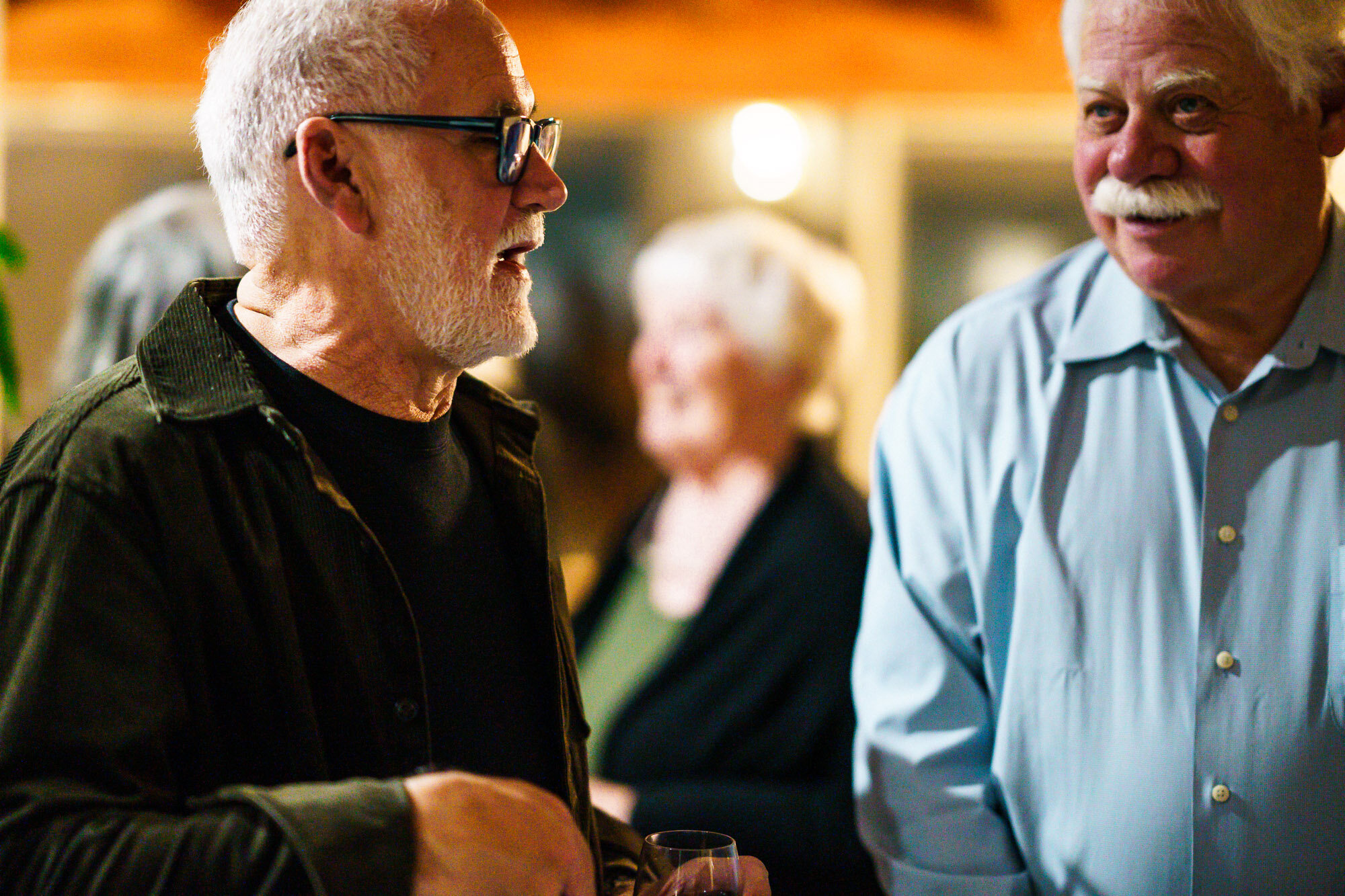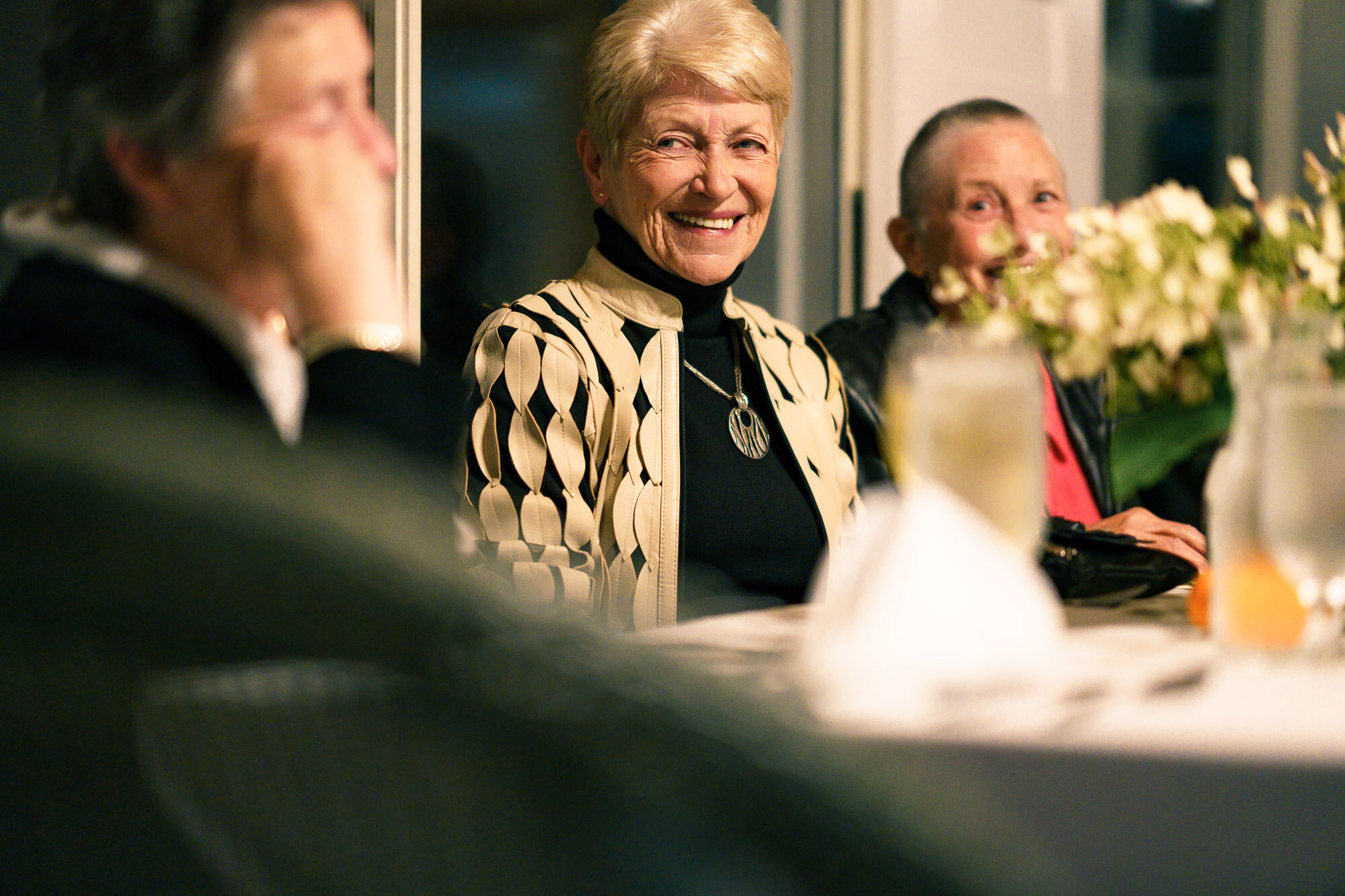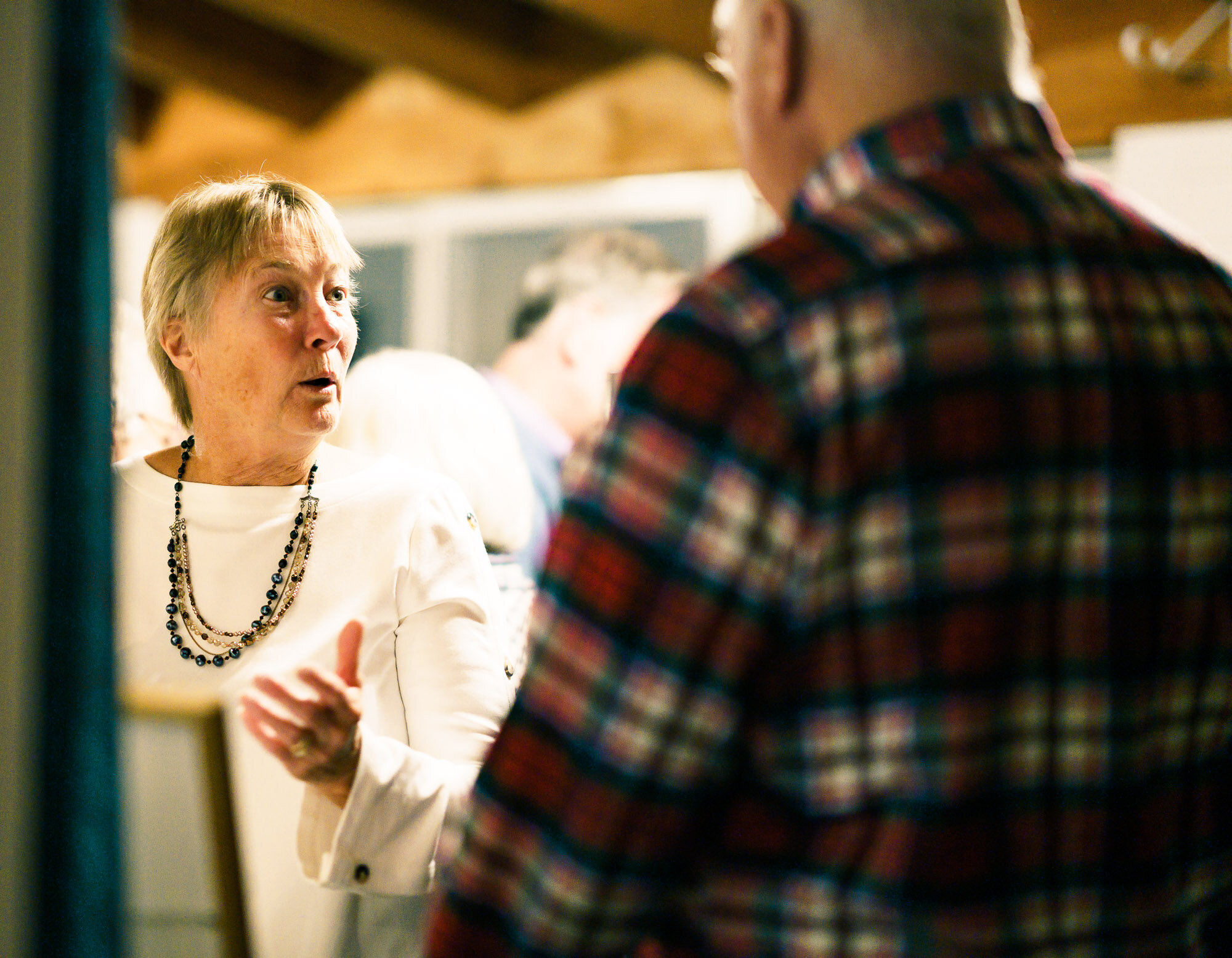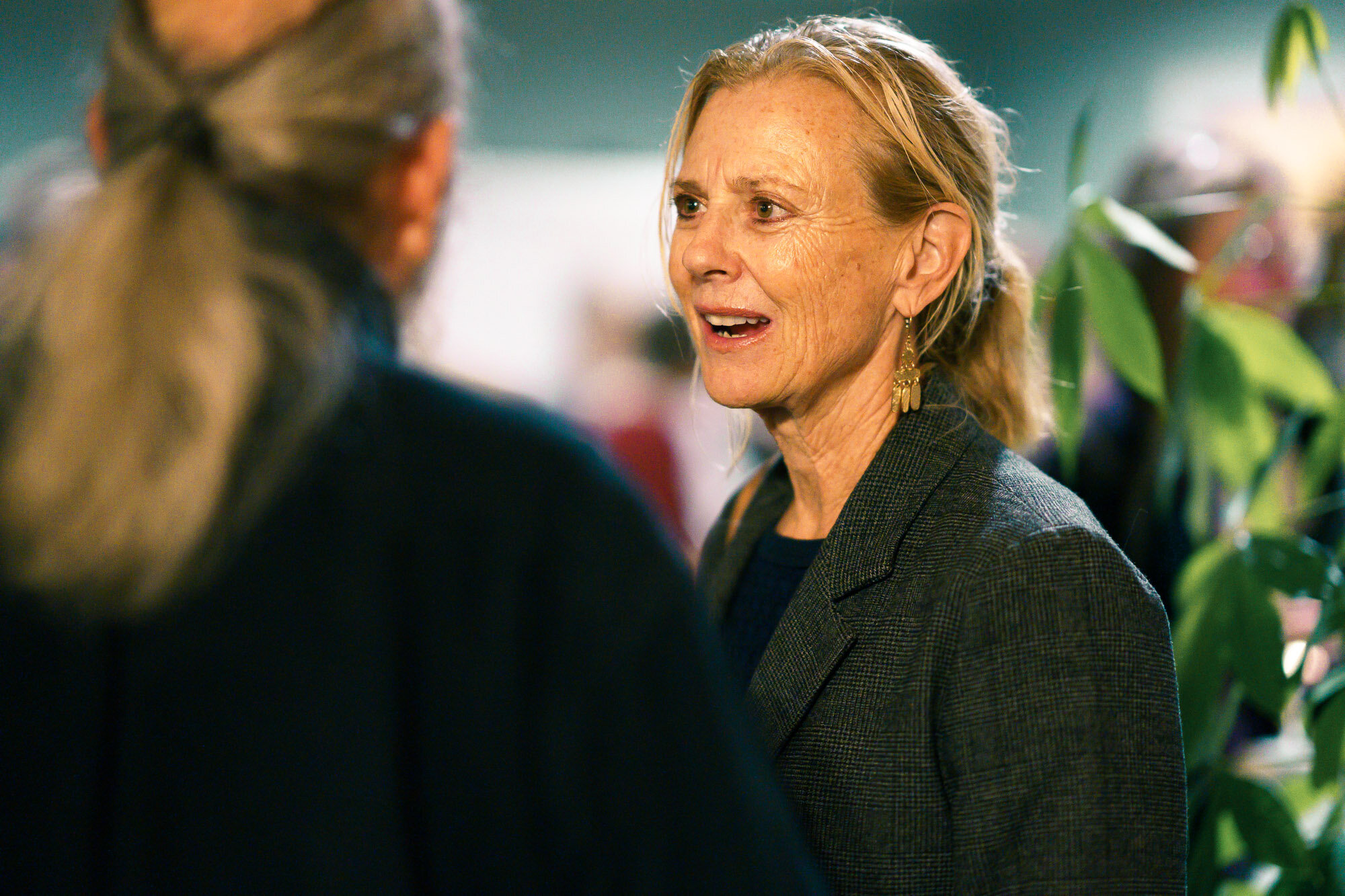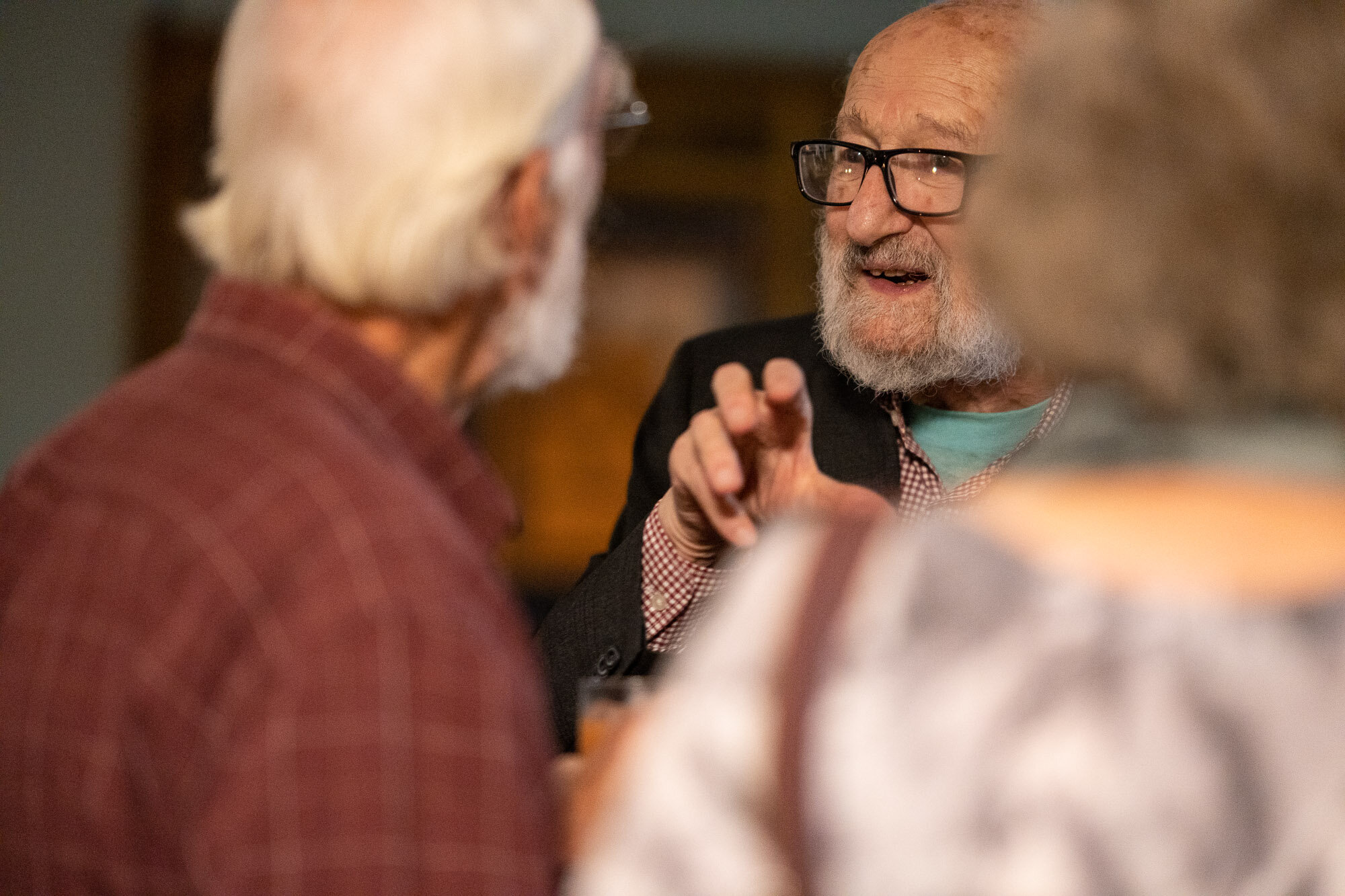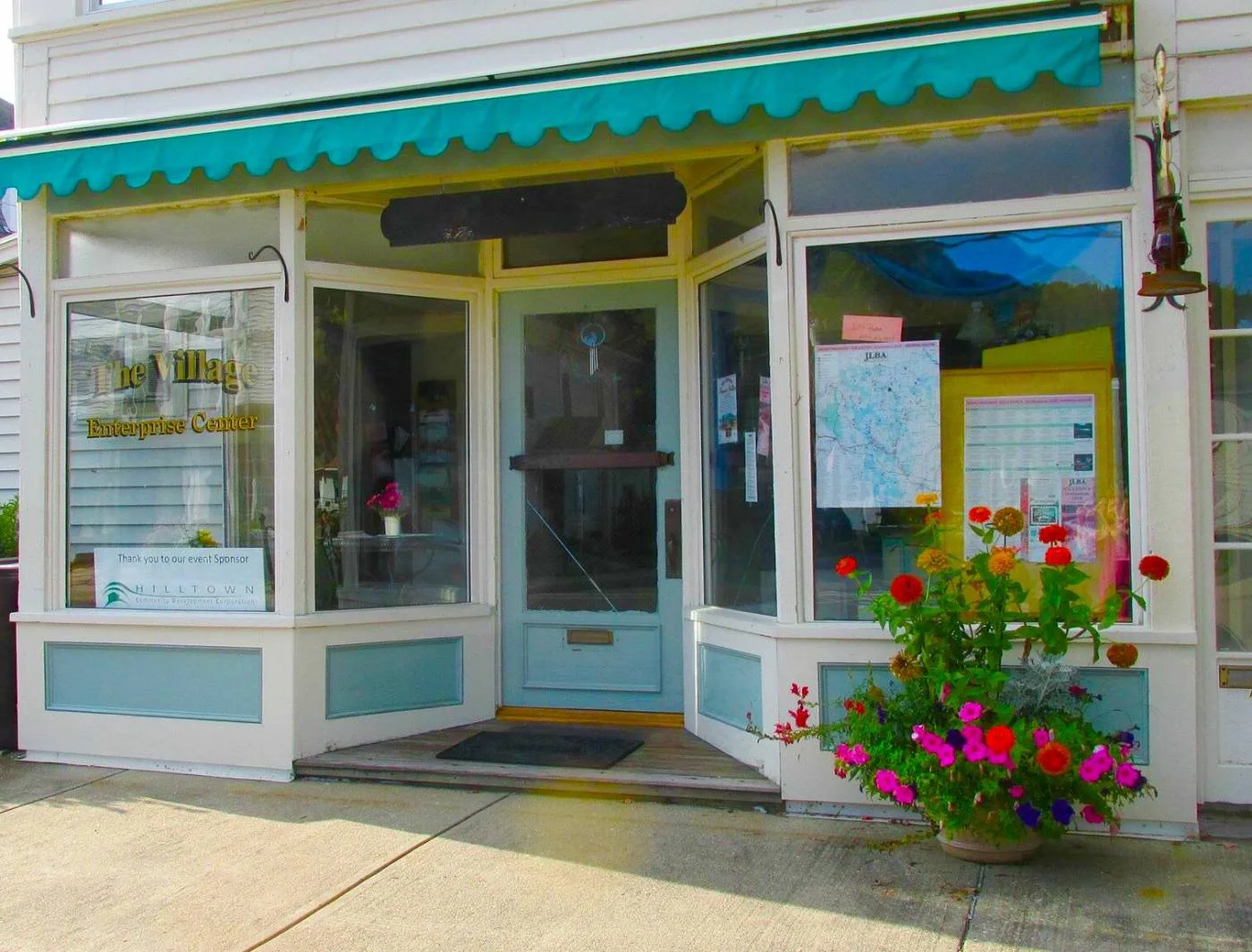LEARNING TO WALK THE RACIAL EQUITY TALK
Re-posted from MACDC The Notebook on October 30, 2019 by Vanessa Calderón-Rosado and Dave Christopolis
Ever since the civil rights movement gave birth to the community development movement in the 1960s, racial justice has been at the core of our work. At times, this commitment to racial fairness and equality has been front and center in our work; other times it has receded as practitioners have focused on getting deals done, securing contracts, implementing programs and managing the day to day business of implementing community development efforts. And throughout our 50+ year history as a field, we have struggled to recruit and retain professional staff that reflect the communities in which we operate.
In recent years, MACDC has undertaken a variety of efforts to address these shortcomings – from making racial equity an explicit core value of the organization, to requiring all staff to attend anti-racism training, to sponsoring a variety of initiatives designed to help people of color enter, advance and lead the community development field, and pursuing policies and programs that seek to address long-standing racial inequities in housing, employment, business and elsewhere.
However, as part of our strategic planning process, it became clear that we were not doing enough and more important we were not making adequate progress. We heard repeatedly from internal and external stakeholders that diversity, equity and inclusion had to be a core priority for our organization and our field. As a result, our new strategic plan, adopted in 2018, identifies racial equity as one of our core priorities for the next five years. We see this work as infusing every aspect of our organization including our staff, our board, our membership and all four major program areas where MACDC is active: member services, the Mel King Institute for Community Building; policy and advocacy; and research and innovation.
This special edition of the Notebook contains several articles by MACDC staff members about how we are working to advance diversity, equity and inclusion within the community development field and how we are attacking the deep and persistent racial inequities that pervade our society.
As the current and future board chairs of MACDC, we wanted to share a bit about how the Board of Directors is looking in the mirror and seeking to apply a racial equity framework to how we operate. In 2017 and 2018, the MACDC Board participated in the NeighborWorks America Excellence in Governance program as way to strengthen our overall board governance. We identified diversity, equity and inclusion as one of the areas where we needed to improve. We worked with our NeighborWorks coach to develop a specific action plan to improve the diversity of our board and to change our board culture in ways that would make it possible for everyone to fully and authentically participate. We also committed ourselves to developing a deeper leadership pipeline to provide more opportunities for emerging leaders of color to demonstrate their talents.
One of the first things we did as a group was to participate in the YWCA Racial Equity Dialogue Series. This program involves five, two hour sessions with the board and staff where we learned about each other, gained a shared analysis and language for discussing racial equity and covered important topics like micro aggressions, implicit bias, and historic/structural racism. The sessions uncovered important areas for us to focus and brought us closer together as a group and as colleagues.
We were able to immediately put these sessions to work on April 25 when we met with Governor Charlie Baker as part of our annual lobby day at the State House. We had given the Governor the book “The Color of Law” at the MACDC Convention in October 2018 and he had expressed a desire to discuss the book with us at a future meeting. Sure enough, we had a terrific conversation with the Governor about the book, housing segregation and discrimination and what we need to do. Board members were able to speak from the heart and really challenge the Governor to take action. We believe this was made possible by the trust we had in each other, thanks to the YWCA sessions. As you’ll read about later in this notebook, the Governor has taken some important steps since our meeting to close the racial homeownership gap in Massachusetts.
As a woman of color from Boston and a white male from rural Western Massachusetts, we share a deep commitment to this work. We enjoy a certain level of privilege as professionals and community leaders. The success of our efforts will always be measured by our moral compass. It is imperative that whenever we are able to speak truth to power that we remind our privileged leaders of their responsibility to ensure equity for all Americans.
We believe racial equity is relevant to community and economic development work, and we are united in our commitment to make sure that MACDC lives up to its aspirations and founding values. It is time for us to address racial inequality and put in place the policies and incentives needed to transform our communities to promote diversity, equity and inclusion.
We encourage you to read the articles in this newsletter, to share with us your reactions, thoughts and suggestions, to work with us when you can and to challenge us when we fall short. Thank you!
